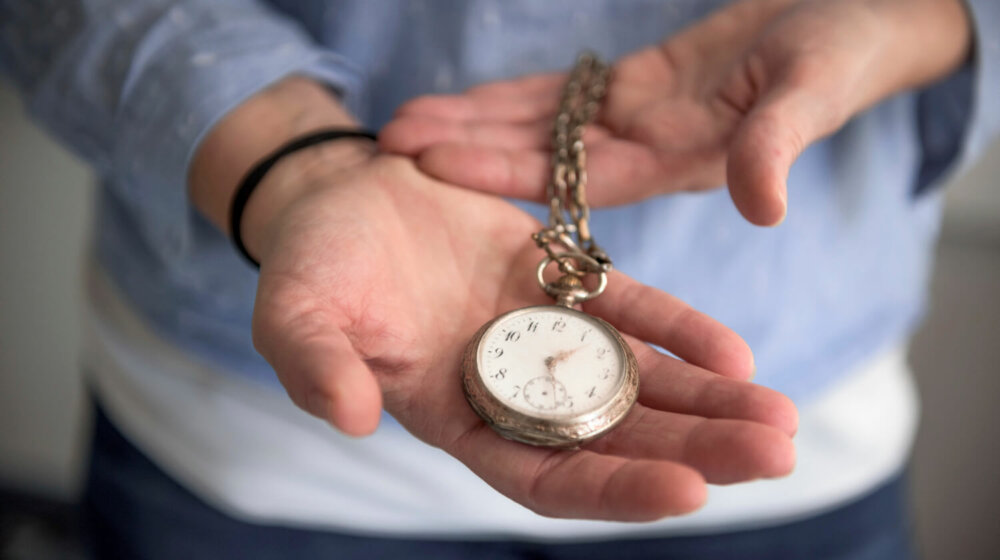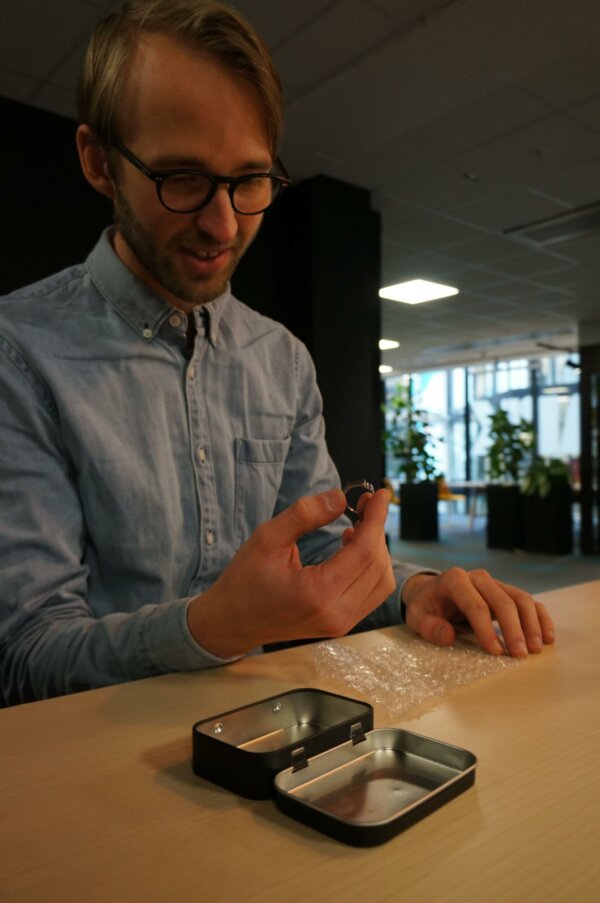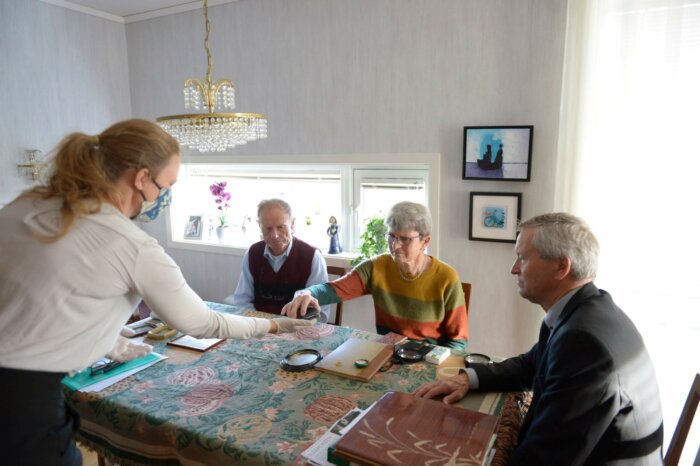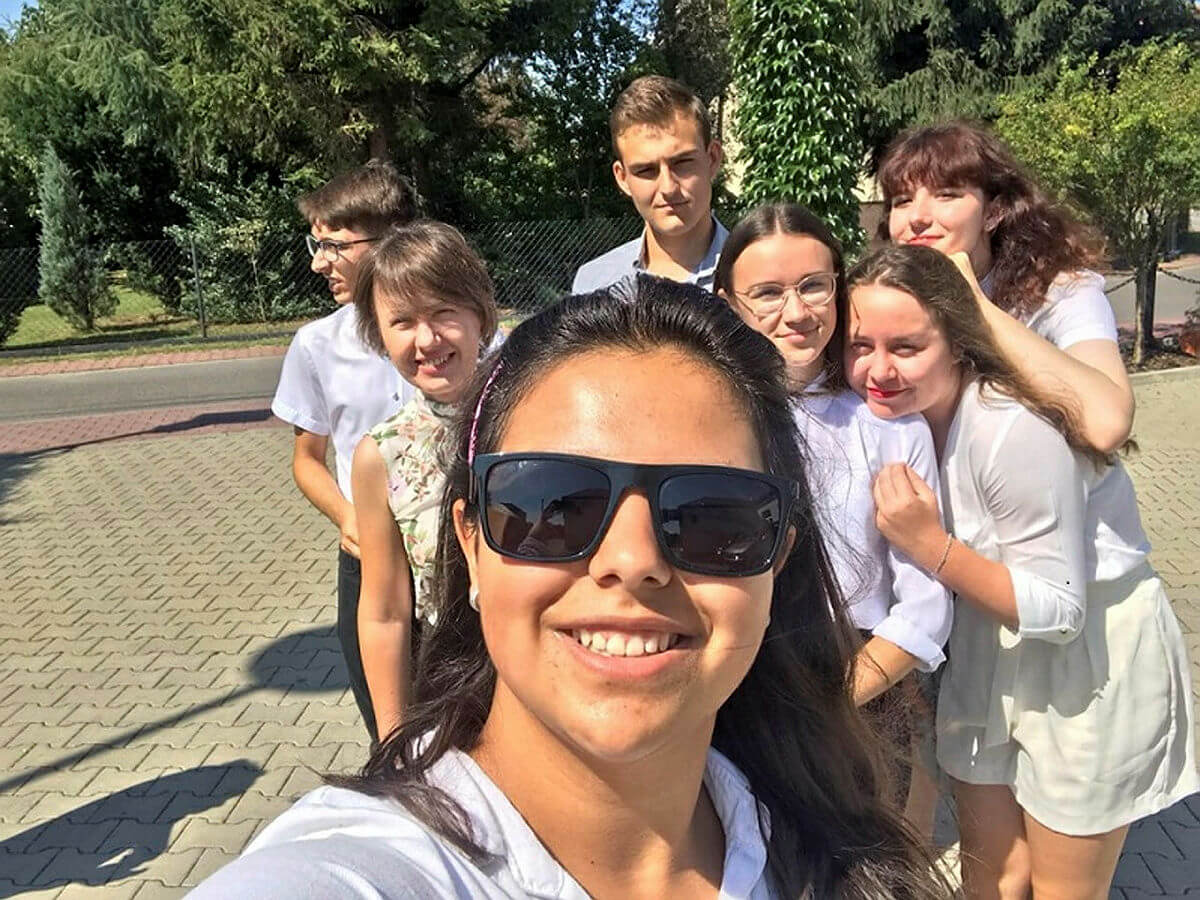Detective work in the name of remembrance

Around 2,500 envelopes containing the personal belongings – or “effects” – of former concentration camp prisoners from all over Europe are still stored in the Arolsen Archives. It is our responsibility to return these mementoes to the families of the persecutees. The dedication and local knowledge of many volunteers make the process of searching on the ground faster and more efficient. Thanks to their help, we have managed to track down more than 100 families in 2020.
“The fact that these objects still exist at all – and that this collection included things that belonged to prisoners from my own country – came as a complete surprise to me,” comments Gøril Grov Sørdal. The television editor from Norway visited the Arolsen Archives in the summer of 2019 to do some research. We also showed her the personal effects of about 30 Norwegian prisoners while she was there. Ably supported by our staff, Gøril and her team began searching for the descendants of these persecutees once she got back home. During the course of 2020, she found every single one of the families. She even met many of them and gave the items back to them herself.


Gøril described the experience of returning former prisoners’ belongings to their families in person as “very intense and emotional.” Some of the relatives, like Egil Hjelde’s grandson (left), knew little or nothing about the time their relatives had spent in German concentration camps. In other cases, Gøril was able to add the “missing pieces of the puzzle” by filling in the gaps in a prisoner’s story when she handed over their effects – that was the situation when she met the children of former concentration camp inmate Thorvald Michelsen (below), for example.
« You can’t do everything that needs to be done to track down the families of the people who owned the effects when you’re sitting behind a desk. I’m responsible for searching in France, Belgium, Luxembourg, the Netherlands, and Spain. By working with volunteers in the field, I can be almost everywhere at once! »
Nathalie Letierce-Liebig, Tracing department at the Arolsen Archives
Objects are returned to over 100 families per year
Journalists like Gøril are not the only ones to get involved: historians, amateur researchers, school pupils, and students have been assisting the Arolsen Archives for a number of years now to help return prisoners’ effects to their relatives. Thanks to the #StolenMemory campaign and the growing number of people who are aware of our online archive, more and more volunteers are contacting us every year to assist in the search. Thanks to them, we will be able to return as many effects as possible much faster than we would otherwise have been able to.
Many helpers in Poland
Many of the former concentration camp prisoners whose effects are still stored in the archive came from Central and Eastern Europe, especially from Poland. This prompted us to step up our efforts to recruit volunteers there in recent years. Amateur historian Maciej Gaszek is one of them; he and his companions have already found a great many families. They also provide advice to new volunteers in Poland – like the young people from the Konarski Lyceum in Oświęcim. The students are working with the IJBS Oświęcim/Auschwitz to search for relatives as part of the #StolenMemory project. Since the summer of 2020, they have already found five families and have even met some of them in person to give them back the effects:

» Meeting the niece of former concentration camp prisoner Stefan Baster was an emotional and unforgettable experience for us. «
Pupils from Oświęcim/Auschwitz

